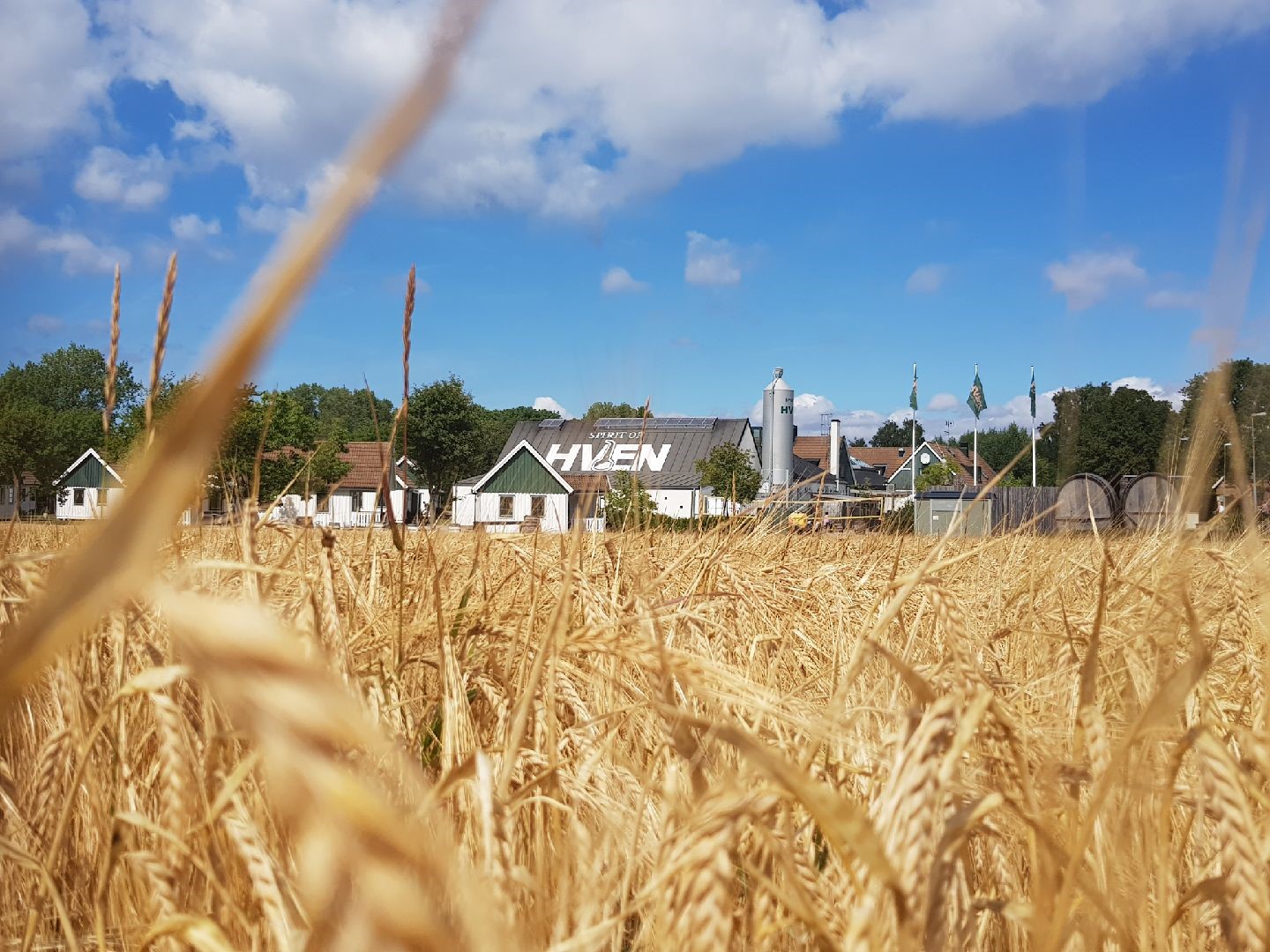
The European Commission is planning to issue a dedicated Communication on the issue of brain drain particularly in rural areas of the EU. Brain drain is defined by the Commission as the emigration of qualified people whose skills are scarce in their place of origin. Its negative effects occur at national or regional level and can exacerbate problems in regions suffering from population decline as well as in cities.
The Commission aims to identify the different drivers of brain drain, its long-term consequences for the EU and potential comprehensive solutions to stop or even reverse it. The process started with a consultation last month to which spiritsEUROPE contributed. We fully support the objectives of the Commission. Attracting and keeping people, including young and highly skilled workers, in the countryside and Europe’s rural areas is of great strategic importance to sustain flourishing rural areas and limit the negative effects associated with rural ‘brain drain’.
Thanks to its rootedness in the countryside and the terroir, Europe’s spirits sector plays a positive role in addressing and limiting the negative impacts of rural brain drains by supporting local economies and encouraging entrepreneurship and job creation, including highly skilled workers, in the countryside. Spirits are produced in all EU Member States, and the vast majority of distilleries and spirits production units are located in rural areas, including in remote mountain areas and islands. Spirits production is firmly integrated into local agricultural production chains and thus supports sustainable local biodiversity management. It is a high-value adding, competitive sector that requires a highly skilled, entrepreneurial workforce at the site of production.
In Europe, around 250 spirits with Geographical Indications (GIs) are registered such as, for instance, Jenever, Cognac, Irish Whiskey, or Polish Vodka. Production of GI spirits is happening across the entire EU (see interactive map here). The GI status guarantees that the respective spirit drink can only be produced in dedicated, often very rural areas, delivering multiple local benefits including to primary producers (i.e. farmers).
The beneficial role of GIs for rural communities has been duly recognized by the European Commission: “Operating geographical indications (…) benefits the rural economy, which is particularly the case in areas with natural or other specific constraints, such as mountain areas and the most remote regions, where the farming sector accounts for a significant part of the economy and production costs are high” (Commission proposal 2022/0089 (COD), Recital 9).
Another important element by which the spirits sector attracts growing visitor numbers to, and investment in, rural areas is spirits tourism, i.e., tourism related to the production and degustation of particular spirits. In the EU, spirits tourism has grown significantly in recent years and is predicted to increase sharply in the years to come. Regional tourism schemes, such as spirits tourism, can tackle both overcrowding in popular existing destinations and encourage tourism development in (rural) regions and thus stimulate regional economies (OECD, Tourism Trends and Policies 2020, pp. 113-116). As for any other tourists, spirits tourists do not limit themselves to spending money on spirits-related activities only (e. g. visits of distilleries and cellars) but also on accommodation, food, transport, cultural activities, gifts etc.
In light of the above, spiritsEUROPE is calling on the European Commission to consider and examine the positive role and contributions that sectors such as ours can play in halting and reversing rural brain drain developments and its negative economic consequences further as part of this initiative.
#CountrysideLife